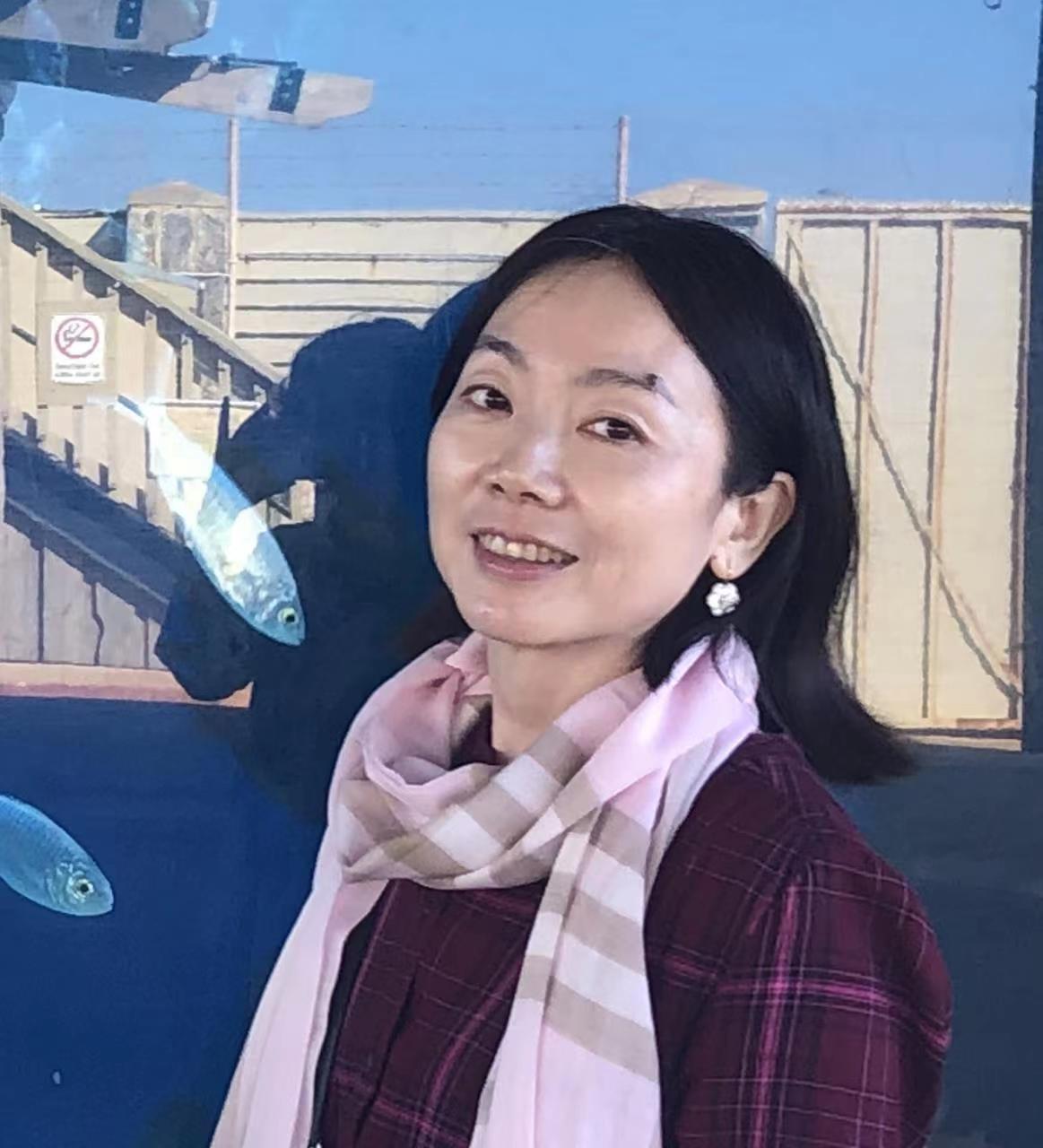摘要:Aging is a systems level process and needs systems level models to quantify. We have recently focused our attention on phenotypic images and single cell clocks using a combination of experimental and computational approaches, most recently artificial intelligence (AI). Our deep learning AI models trained on either chronological age or perceived age of the 3D facial images can precisely estimate individuals’ aging status, and infer the molecular regulators mediating the impact of lifestyles (Xia et al., 2020). Further analysis of human aging related lncRNAs find that they are preferentially involved in senescence associated secretory phenotype and inflammation (Cai and Han, 2021). We also found the highly abundant lncRNA KCNQ1OT1 through forming RNA-DNA Triplex targets and represses the evolutionarily young transposon elements in a sequence specific manner, thus guards the cells against genome instability and cellular senescence (Zhang et al., 2022). I will also discuss our unpublished results using AI to decipher aging and disease status, and our recent Transformer-based single cell annotation tool, TOSICA and its application to aging clocks (Chen et al., 2023).
报告人简介:Prof. Jing-Dong Jackie Han obtained Ph.D. degree from Albert Einstein College of Medicine. She had her postdoctoral training at The Rockefeller University and Dana-Farber Cancer Institute. In 2004, she became an investigator/professor at the Institute of Genetics and Developmental Biology, Chinese Academy of Sciences. In 2010-2019, she was a director of the CAS-Max Planck Partner Institute for Computational Biology. In 2019, she became Boya professor at Peking University. Her research focuses on the structure and dynamic inference of molecular networks,using a combination of large-scale experiments and computational analysis to explore the design principles of the networks and to find how the complex phenotypes, in particular aging and stem cell development are regulated through molecular networks. She was awarded the NSFC Outstanding Young Scientist Award in 2006, and the Hundred Talent Plan Outstanding Achievement Award in 2009, selected as a Max Planck Follow in 2011 and a MaxNetAging Fellow in 2014, F1000 faculty in developmental biology in 2016.

